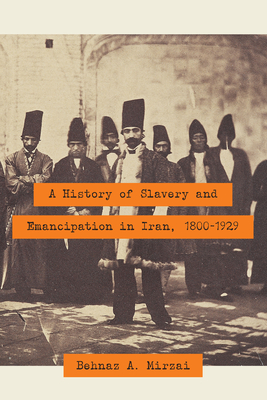Expedite your nonfiction book discovery process with Readara interviews, summaries and recommendations, Broaden your knowledge and gain insights from leading experts and scholars
In-depth, hour-long interviews with notable nonfiction authors, Gain new perspectives and ideas from the writer’s expertise and research, Valuable resource for readers and researchers
Optimize your book discovery process, Four-to eight-page summaries prepared by subject matter experts, Quickly review the book’s central messages and range of content
Books are handpicked covering a wide range of important categories and topics, Selected authors are subject experts, field professionals, or distinguished academics
Our editorial team includes books offering insights, unique views and researched-narratives in categories, Trade shows and book fairs, Book signings and in person author talks,Webinars and online events
Connect with editors and designers,Discover PR & marketing services providers, Source printers and related service providers

A History of Slavery and Emancipation in Iran, 1800-1929
History > Middle East - Iran
- University of Texas Press
- Paperback
- 9781477311868
- 9 X 6 X 1 inches
- 1.1 pounds
- History > Middle East - Iran
- (Single Author) Asian American
- English
Readara.com
Book Description
Slavery in the Middle East is a growing field of study, but the history of slavery in a key country, Iran, has never before been written. This history extends to Africa in the west and India in the east, to Russia and Turkmenistan in the north, and to the Arab states in the south. As the slave trade between Iran and these regions shifted over time, it transformed the nation and helped forge its unique culture and identity. Thus, a history of Iranian slavery is crucial to understanding the character of the modern nation.
Drawing on extensive archival research in Iran, Tanzania, England, and France, as well as fieldwork and interviews in Iran, Behnaz A. Mirzai offers the first history of slavery in modern Iran from the early nineteenth century to emancipation in the mid-twentieth century. She investigates how foreign military incursion, frontier insecurity, political instability, and economic crisis altered the patterns of enslavement, as well as the ethnicity of the slaves themselves. Mirzai's interdisciplinary analysis illuminates the complex issues surrounding the history of the slave trade and the process of emancipation in Iran, while also giving voice to social groups that have never been studied--enslaved Africans and Iranians. Her research builds a clear case that the trade in slaves was inexorably linked to the authority of the state. During periods of greater decentralization, slave trading increased, while periods of greater governmental autonomy saw more freedom and peace.
Author Bio
Behnaz Mirzai is an historian of modern Iran, who teaches Middle Eastern history at Brock University. Her areas of specialization include comparative and cross-cultural studies, ethnicity, slavery, gender, as well as social, economic and religious interactions in the Middle East.
Her dissertation was entitled “Slavery, the Aboltition of the Slave Trade and Emancipation of Slaves in Iran 1829-1928”.
Books
Co-edited volume with Bonny Ibhawoh, Africa and Its Diasporas: Rethinking Struggles for Recognition and Empowerment, Trenton NJ: Africa World Press, forthcoming 2018.
Bahnaz A. Mirzai. A History of Slavery and Emancipation in Iran, 1800-1929. Austin: University of Texas Press. 2017, 324 pp.
Shortlisted for the 2018 Canadian Historical Association Wallace K. Ferguson Prize.
Behnaz A. Mirzai ed. “The Baluchi and Baluchistan.” Special issue,
The Journal of the Middle East and Africa, 4:2 (2013).
Co-edited with Ismael Musa Montana, and Paul Lovejoy, Slavery, Islam and Diaspora, Trenton NJ: Africa World Press, 2009.
Source: Brock University
Videos
No Videos
Community reviews
No Community reviews

